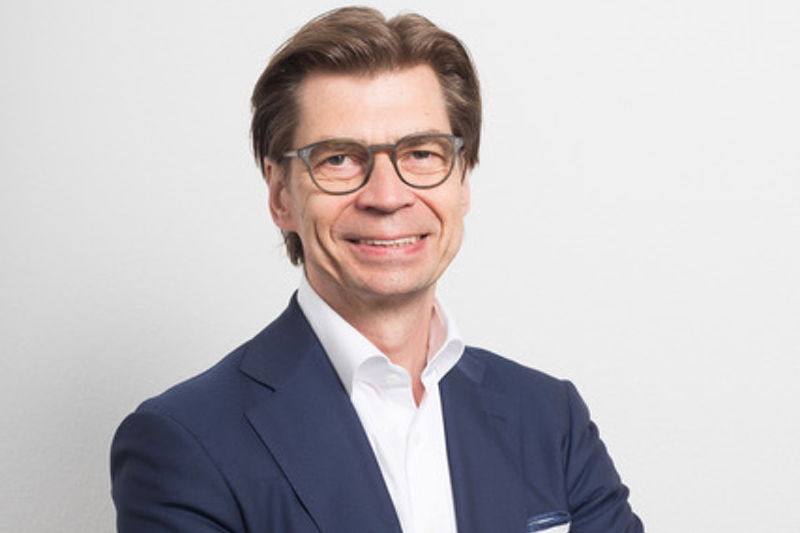MC: What are the most significant trends you're seeing in the small molecule development and manufacturing space currently?
MG: The small molecule development and manufacturing space is currently experiencing several significant trends. A big one is the enhanced focus on developing treatments for rare diseases; this is generally driven by incentives such as market exclusivity and reduced regulatory fees. Small molecules play a crucial role in these areas owing to their ability to modulate specific molecular targets.
There has also been a surge in company investment into supply chain resilience, as the COVID-19 pandemic taught the industry that this is crucial for both patient health and business success. To ensure our supply chain is strong, we produce APIs and raw materials in Europe and Japan, allowing us to be closer to our customers.
Sustainability and green chemistry are also gaining importance, with manufacturers seeking environmentally friendly and cost-effective production methods. This includes reducing solvent use, recycling materials and utilising biobased feedstocks. There is a growing trend towards outsourcing various stages of drug develop and manufacturing to CDMOs, which can allow pharmaceutical companies to leverage specialised expertise, while also scaling operations more flexibly.
MC: How is Adragos Pharma leveraging new technologies to stay ahead in the competitive landscape of pharma manufacturing?
MG: We’re doing this by embracing new technologies and investing heavily in our sites. Specifically, our Livron and Leipzig facilities are implementing automated filling lines for sterile and non-sterile liquids. These lines not only enhance production efficiency but also ensure a high level of precision and consistency in our products. Together with investments in analytical tools, Adragos can
rapidly scale-up production while maintaining our high-quality standards. By integrating such technologies, Adragos Pharma can offer clients competitive lead times and high levels of flexibility. 
Marco Gorgas, Chief Technical Officer at Adragos Pharma
MC: How is Adragos Pharma integrating digitalisation and automation into its manufacturing processes and what benefits have you seen so far?
MG: Adragos Pharma is integrating digitalisation and automation into its manufacturing processes through significant technological investments. We have fitted new automated filling lines at our Livron and Leipzig facilities. With these lines, we're enhancing the accuracy, consistency and efficiency of filling sterile and non-sterile liquids.
We will generate real-time data that will be used for our customer interaction, continuous improvement programmes and maintenance activities. By embracing these automated technologies and integrating digitalisation, we expect substantial improvements in customer
satisfaction, operational efficiency and supply performance.
MC: Looking ahead, what are your top priorities for the next 5 years in terms of tech advancements and market expansion?
MG: Our top priorities for the next five years include enhancing our technological infrastructure and leveraging data. We want to facilitate the successful start of the automated filling lines and leverage the digitalisation possibilities that come with it. We currently
evaluate AI tools for further automation of manual processes.
In terms of market expansion, we aim to strengthen our presence in Europe, Japan and North America; these efforts will help us meet the growing demand for specialised CDMO services and allow us to sustain our competitive advantage.
